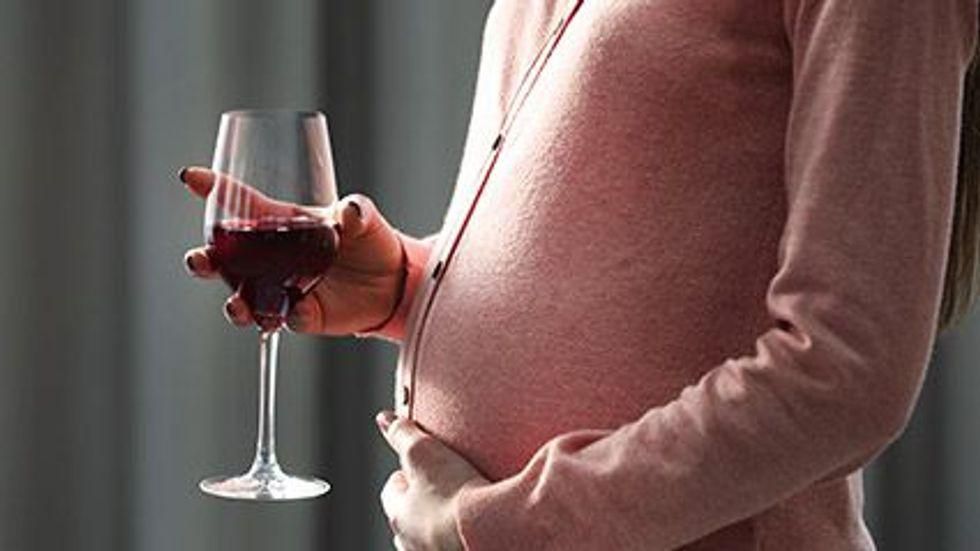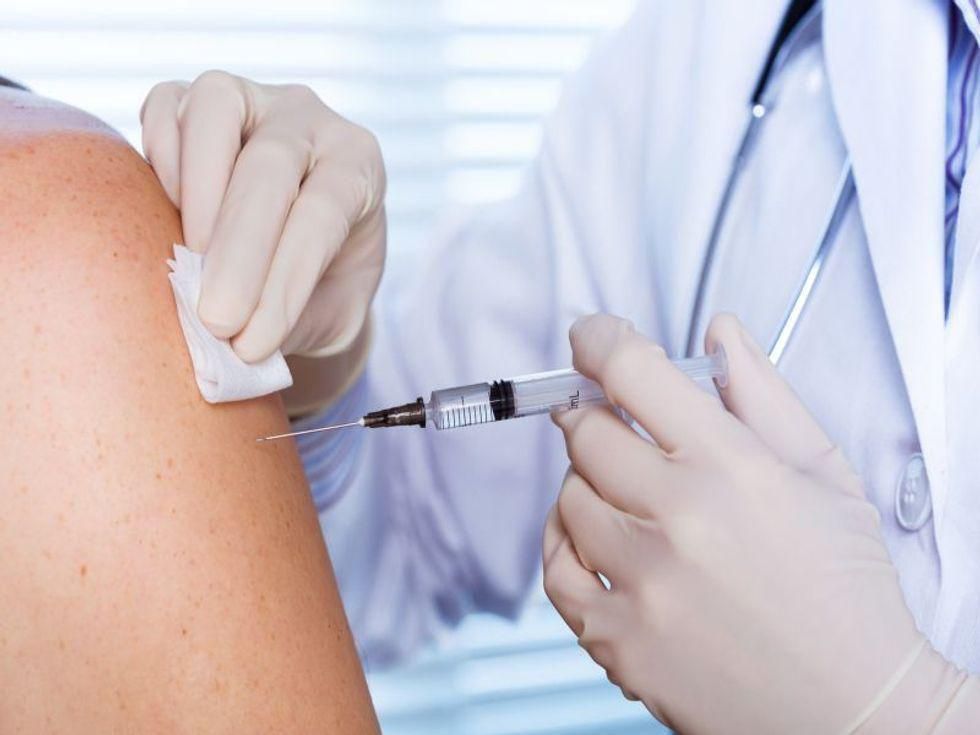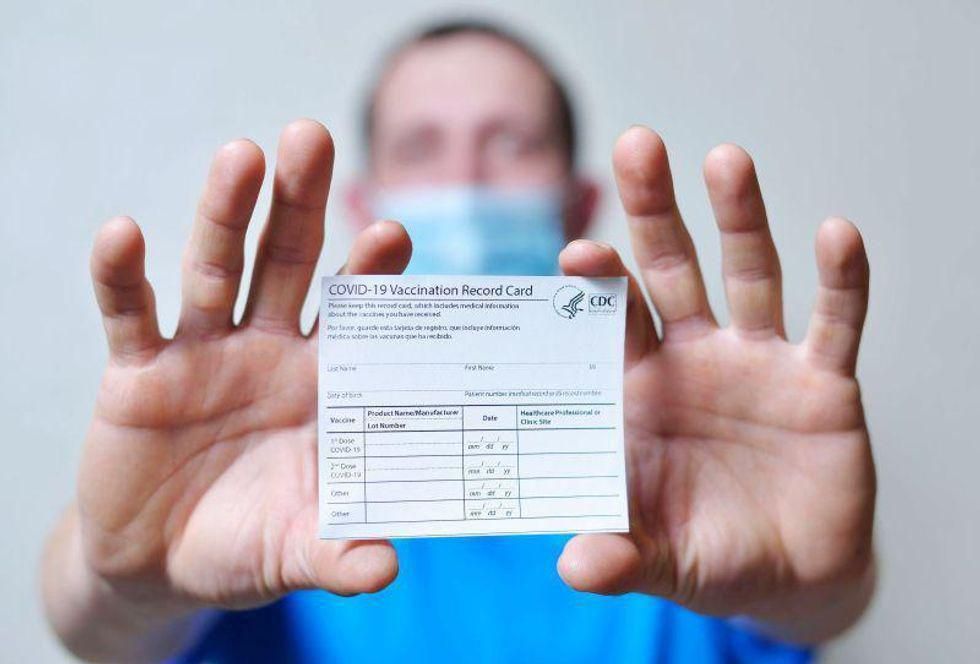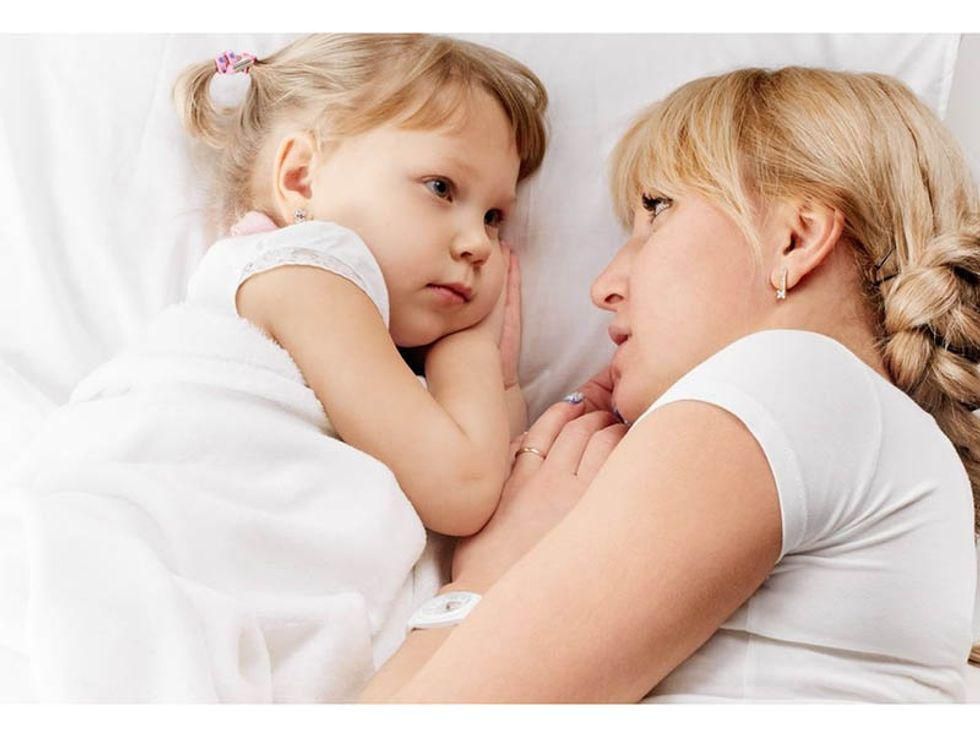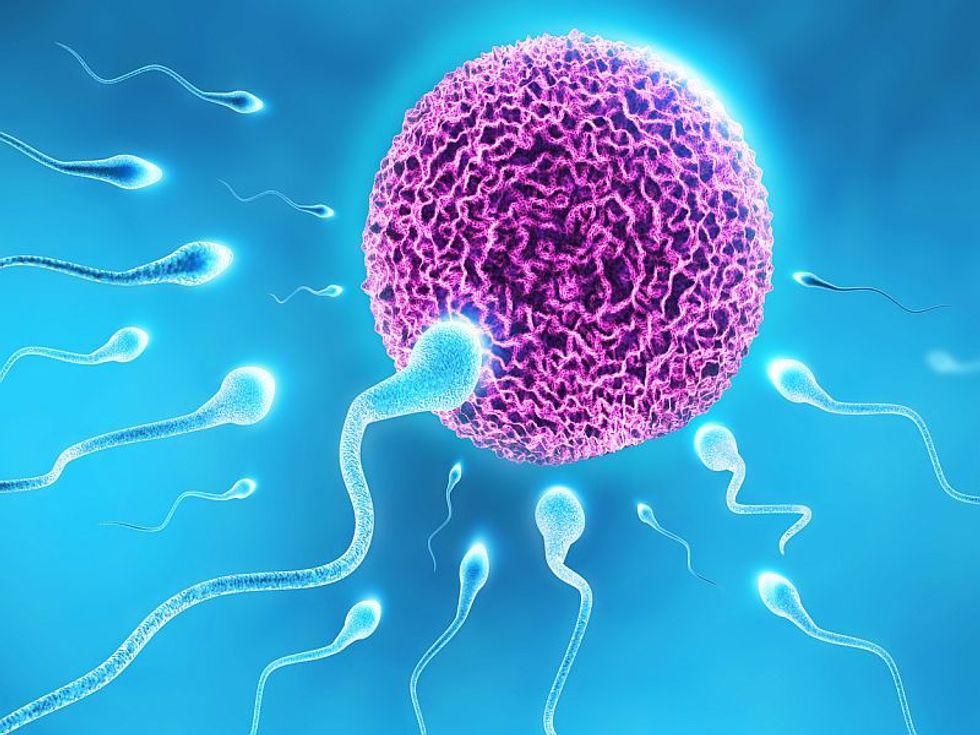
Want to hold a preschooler’s interest in learning something new? Give them just enough information to make them want to know more, a new study suggests. This creates the perfect mix of uncertainty and curiosity in children, said researchers from Rutgers University, in New Jersey. “There is an infinite amount of information in the real… read on > read on >











